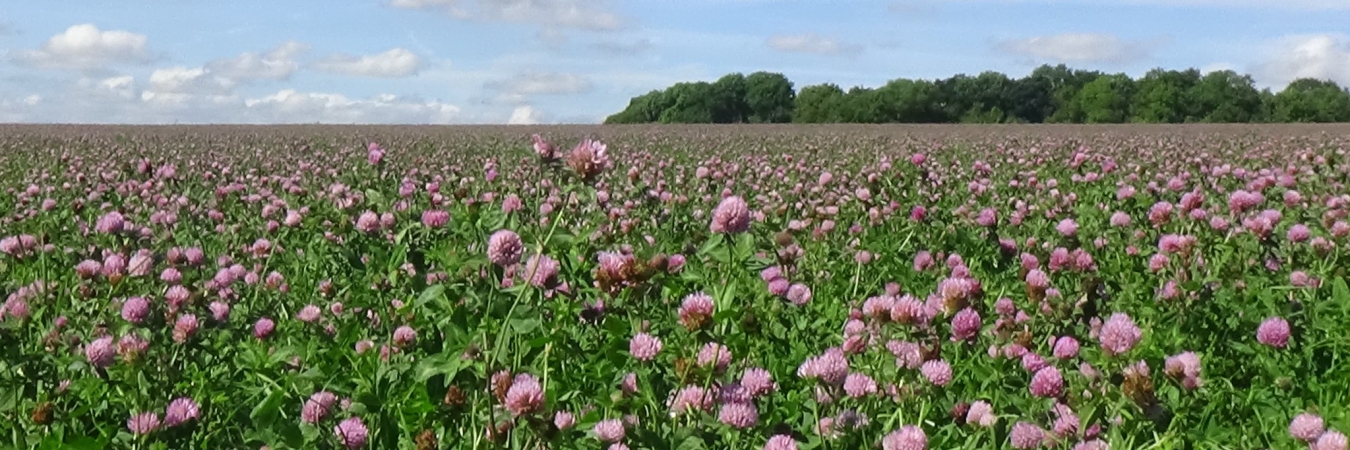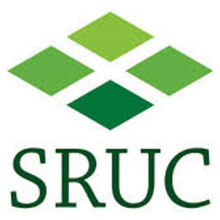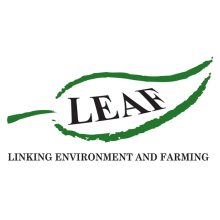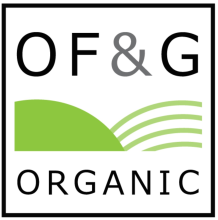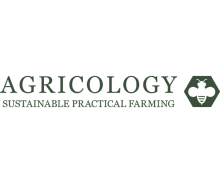Organic Management Techniques Project
Opportunities, Barriers and Constraints for Organic Management Techniques to Improve Sustainability of Conventional Farming
Project Background
British farming businesses are facing a number of challenges, such as uncertain weather and volatile markets. The Secretary of State for Environment Food and Rural Affairs, the Rt Hon Michael Gove MP, set out ambitions for the UK to be a world-leading food and farming nation that provides a cleaner and heathier environment, benefiting the economy. A consortium of farming organisations therefore came together to explore the extent to which the application of agroecological techniques, widely adopted in organic agriculture, could help to achieve these goals. This Defra-funded project (OF03111) which ran from 1st February 2018 to 30th November 2018, has shown that the UK has an excellent opportunity to drive the uptake of practices that can enhance the production efficiency and resilience of farming systems.
The project investigated the viability of transferring agroecological practices more widely across UK agriculture. Agroecological techniques are not exclusive to organic systems and are increasingly being applied by progressive farmers in the non-organic sector. For example, leys are being incorporated within conventional arable crop-rotations to help control blackgrass.
Phil Jarvis farms in Loddington, Leicestershire and is using several practices. He has integrated leys in the rotation, has moved to a no-till system using cover crops and is establishing a silvopastoral agroforestry system. He says: “We need to look how we can transition from systems based on chemistry to systems based on biology – there are lots of things in nature that can help us. We may not get there as quick as we would like but need to be patient with it. We have to increase our knowledge and see what is best for the land on our own farms. It is not really learning anything new, just the fundamentals of agronomy and livestock husbandry and using that knowledge to increase production efficiencies and resilience”
The outcomes of the stakeholder consultation indicated that a lack of information is a major factor limiting the current uptake of organic management techniques. There is a clear demand for applied research alongside practical training and advice to demonstrate the potential benefits of the management techniques considered here, and how they can be realised on farm. Individual practices studied as part of this project and effective combinations demonstrate the value of existing system-level approaches, such as organic farming, integrated farm management, and conservation agriculture.
Changing attitudes across the supply chain are also key to improving the uptake of sustainable practices within the farming sector. This requires active participation from multiple stakeholders, alongside the demonstration of best practice, improved on-farm advice and farmer-to-farmer knowledge exchange.
The project consortium consisted of:
- Game & Wildlife Conservation Trust
- SRUC
- LEAF
- Organic Research Centre
- Organic Farmers & Growers
- Soil Association
- Agricology
Project Outputs
In total, 110 techniques were identified and reviewed, whilst 15 practices were further evaluated for their potential to improve soil quality, nutrient use efficiency, water quality and biodiversity, use of artificial inputs and greenhouse gas efficiencies. These practices have been summarised in fact-sheets which will be gradually published on Agricology for dissemination and engagement across a wide community of farmers (see ‘Related Content’). In addition to providing practical information on how the techniques can be applied, they serve as sign-posts to existing resources (e.g. technical guides, videos) and include profiles of conventional and/or organic farmers that are using these practices. They cover the following topics:
- Mixed farming through collaboration
- Use of diverse crop rotations
- Manure and compost as a fertiliser
- Feeding livestock on pasture-based diets
- Use of mechanical weed control
- Biological control (indoors)
- Integrating leys in arable rotations
- Encouraging natural predators (outdoors)
- Use of green waste compost
- Outdoor access for animals all year round
- Diverse/herbal sward mixtures
- Increasing use of legumes in crop rotation
- Novel forages (e.g. chicory)
- Use of complementary therapies
- Undersowing of leys in crops
Summary provided by the Organic Research Centre, access the final project report here.
